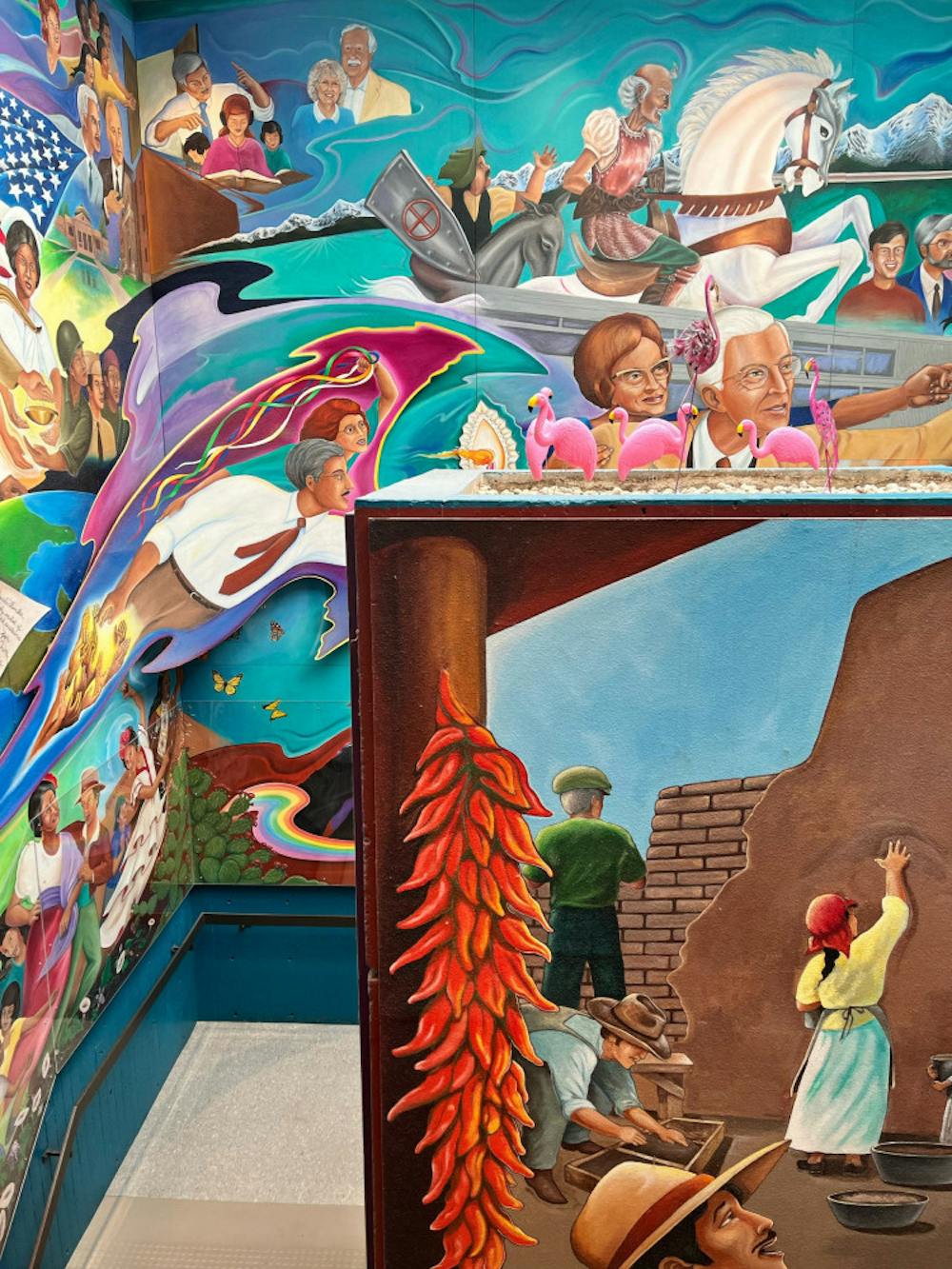At the University of Northern Colorado, representation, culture, diversity and inclusion are fundamental principles upheld for all students, faculty and visitors. On March 20, the university became a Hispanic Serving Institute, designated by the U.S. Department of Education.
The designation came 18 months ahead of schedule, when efforts towards the HSI designation began in 2020 with the launch of the ten-year strategic plan, "Rowing, Not Drifting 2030". UNC began this historic journey in 1969 when the Mexican American Studies program was created, followed by the establishment of the 1980s Hispanic Culture Center, which is now the Cesar Chavez Cultural Center.

The U.S Department of Education defines a HSI as a higher education institution with at least 25% of its full-time undergraduate population being Hispanic students. Recently, UNC has seen a consistent rise in its Hispanic and Latinx enrollment.
According to the Colorado Department of Higher Education, Hispanic and Latinx students have the lowest average educational fulfillment and the lowest college enrollment, despite being the fastest-growing ethnic group. Nationally, a four-year college graduation rate for Hispanic students is 13% lower than that compared to white and non-Hispanic peers.
UNC senior Evan Partida, majoring in sports and exercise science, said that he believes that it’s an important step for Greeley and embraces the new designation as a member of the Hispanic community.
“For me, it shows that people who are Hispanic or Latinx that this school is a place that we will feel safe and comfortable at,” he said. “This is a place that we can call home and not feel like an outsider. For our community, it means that we can express ourselves and our culture.”
In the past, Partida worked for the UNC athletic department, helping with fan engagement and setting up events. Working those events, he has learned that representation matters.
“With the Latinx heritage month football game and posting events that take place at the Cesar Chavez Cultural Center or MAS Society, I say that UNC does a good job at recognizing and representing the Hispanic community,” he said. “After I graduate from UNC in May, I hope to see more events and more opportunities for Hispanic students to come out and join.”

Becoming an HSI allows the university to pursue federal grants and funding to help support this initiative. It also challenges the university to commit to reducing the potential barriers that Hispanic and Latinx students may face in accessing higher education and earning a degree.
Gabby Reese, a junior studying exercise science, may not be personally affected by UNC becoming a HSI, but is happy with how inclusive the university is at representing multiple cultures.
“I think UNC becoming a HSI is important because it allows new opportunities,” she said. “UNC represents many cultures and communities that I’ve personally seen.”
The designation marks a significant milestone in UNC’s commitment to representation, diversity and inclusion. The achievement reflects on the universities dedication to creating an environment where all students feel valued and supported.






